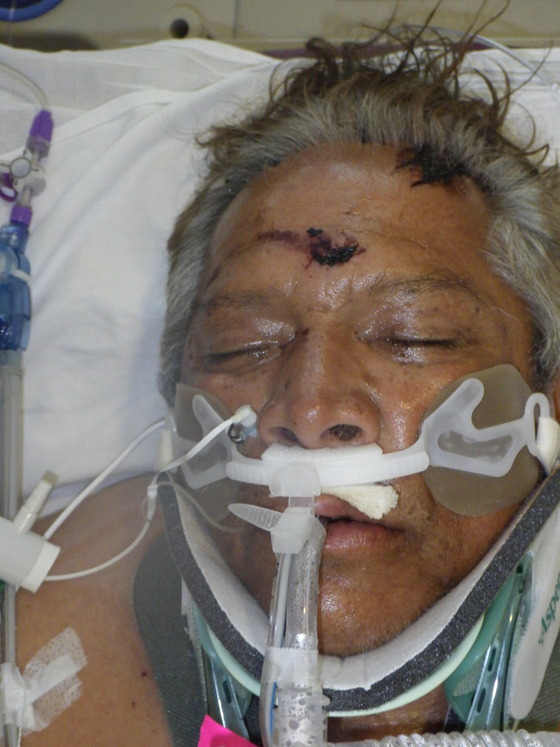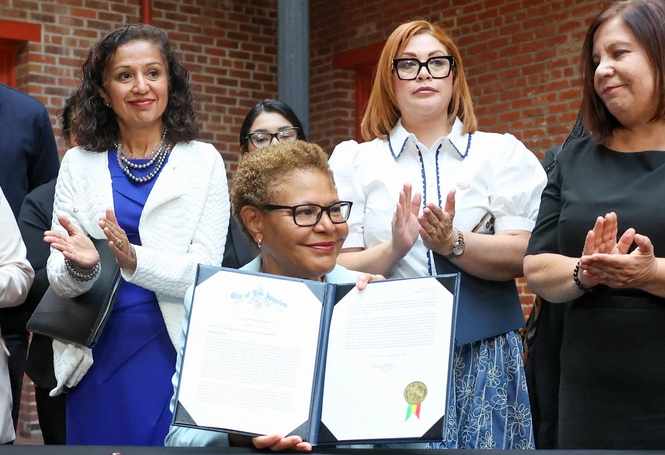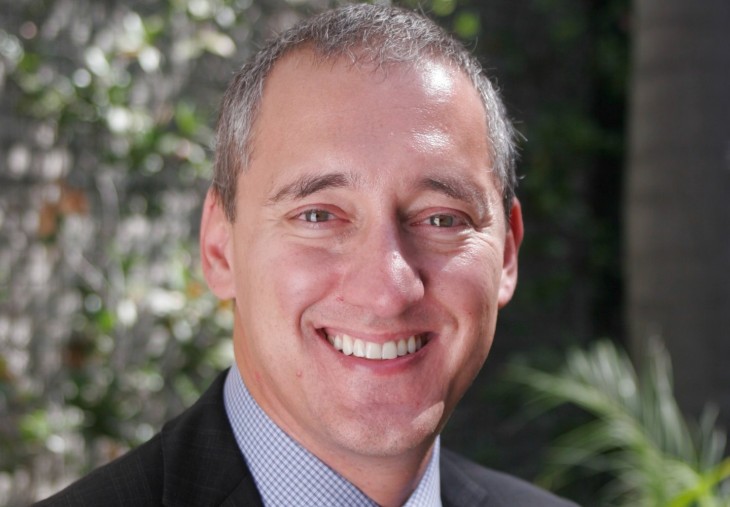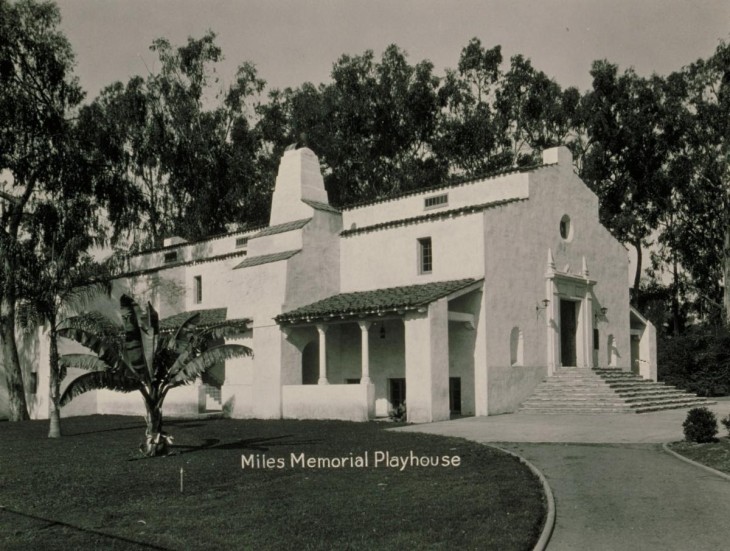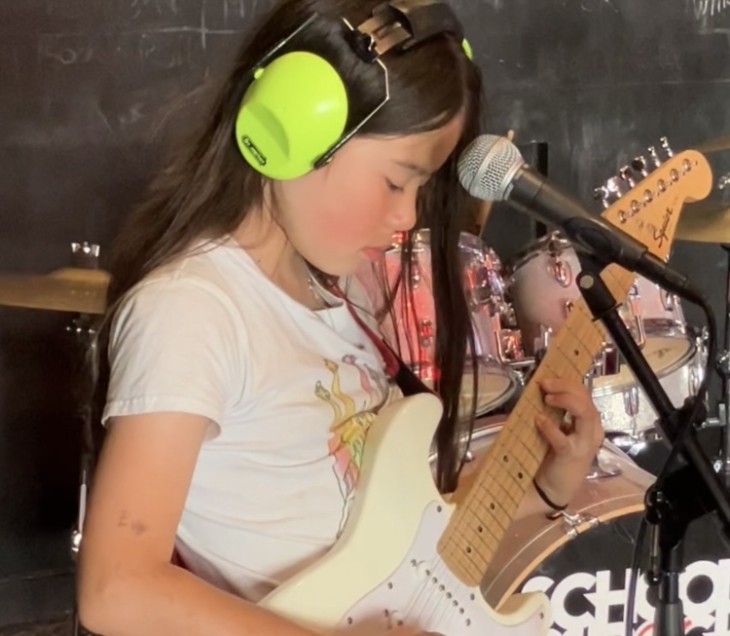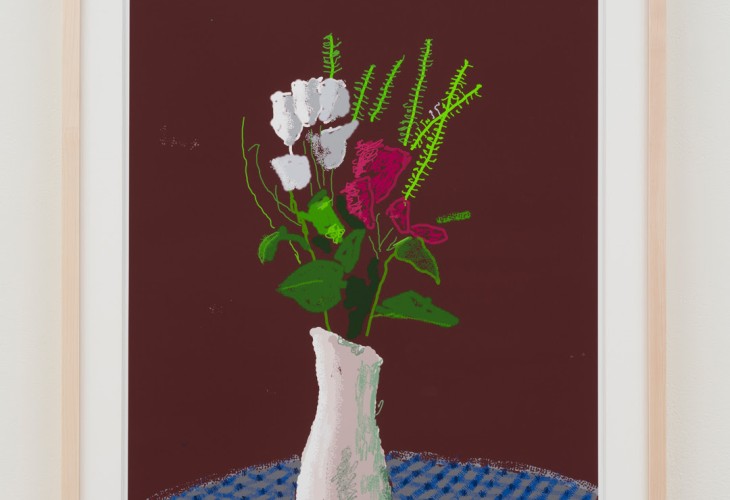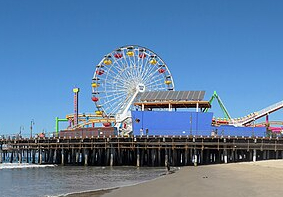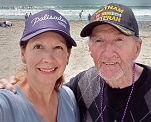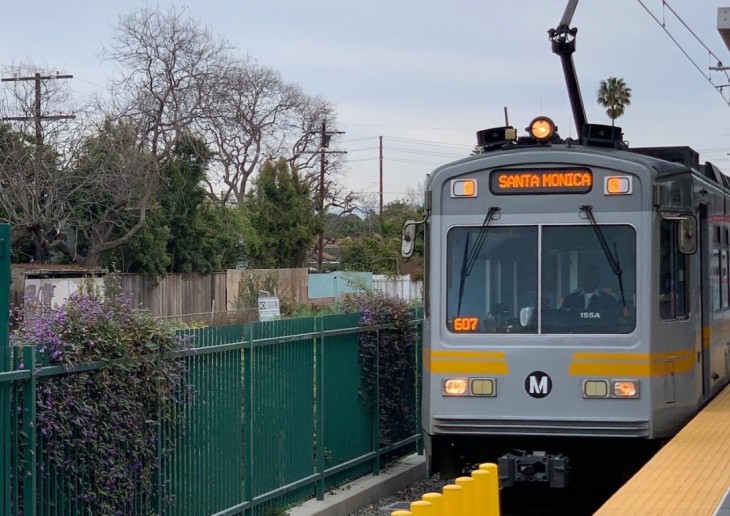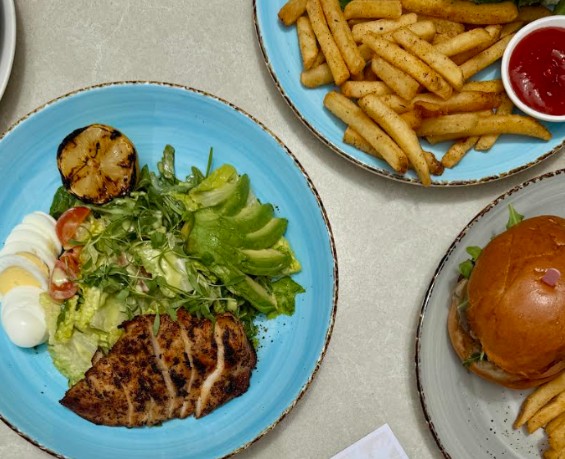By Amy Albin
The UCLA Heart Transplant Program performed its 2,000th heart transplant surgery last month, becoming the first program in the western United States and only the second in the world to achieve this remarkable milestone.
Bill Meadows, 59, of Riverside, who suffered from advanced dilated cardiomyopathy with secondary pulmonary hypertension, received the donated organ on June 4 in a four-hour surgery at Ronald Reagan UCLA Medical Center led by Dr. Reshma Biniwale, an assistant professor of cardiothoracic surgery.
“It is extraordinary that 2,000 donor hearts have been transplanted at UCLA, giving new life and new hope to pediatric and adult patients ranging in age from two weeks to 77 years,” said Dr. Abbas Ardehali, professor of cardiothoracic surgery and director of the heart and lung transplant program at UCLA. “Not only is this historic occasion a time for celebration, it is also an opportunity to thank those thousands of organ donors and their loved ones who gave the precious gift of life.”
Founded in 1984, UCLA’s heart transplant program has been a world leader in the field and was recognized in 2010 by the U.S. Department of Health and Human Resources as the nation’s best heart transplant program.
Today, the program prides itself on superior outcomes, low mortality on the wait-list, and the use of innovative and cutting-edge approaches in the fields of heart failure and transplantation. Patients come to UCLA for heart transplants from all parts of California and neighboring states, including Arizona, New Mexico, Nevada, and even Hawaii.
UCLA’s team has pioneered research leading to novel anti-rejection medications and strategies, including the use of lipid-lowering statins, that have resulted in better rejection outcomes for all heart transplant recipients. The program continues to reduce post-transplant complications, and its incidence of donor heart rejection is the lowest in the country, with only 5 percent of patients experiencing biopsy-proven rejection.
“We are incredibly pleased to offer our heart transplant patients a concept of care that integrates cutting-edge science with humanism and takes the patient’s perspective seriously,” said Dr. Mario Deng, professor of medicine and medical director of the integrated UCLA advanced heart failure, mechanical support and heart transplant program. “For example, we spearheaded the development and implementation of the first genomic heart transplant rejection-monitoring blood test cleared by the Food and Drug Administration, called Allomap. This simple blood test allows us to monitor rejection in our stable heart-transplant patients and safely personalize immunosuppression drugs to reduce side effects, while reducing painful, invasive heart-muscle biopsies.
“This approach underscores our reputation as a leading international heart transplant center, not only with respect to superb survival outcomes but also excellent patient satisfaction.”
The UCLA heart transplant team includes specialists in cardiothoracic surgery, mechanical cardiac assist devices, anesthesia, cardiology, pulmonary medicine, nephrology, psychiatry, immunology, infectious diseases, transplant nursing, medical ethics, palliative care, social work, physical therapy, and organ procurement.
Heart transplantation was introduced as a clinical procedure just more than 40 years ago. Since then, the number of heart transplants performed yearly in the United States has increased to an annual rate of well over 2,000. The procedure is now widely recognized as an effective therapeutic option for the treatment of end-stage heart disease.
Yet while heart transplants save lives, there are not enough organ donors to help every patient on the waiting list, UCLA doctors say. Currently, there are more than 4,000 people nationwide, including children, waiting for a new heart.
“We have achieved 2,000 heart transplant surgeries for kids and adults, but we are still counting,” said Dr. Juan Alejos, medical director of the pediatric heart transplant program at Mattel Children’s Hospital UCLA. “We urge everyone to discuss organ donation with their family and register to become a donor. Organ donation truly saves lives.”
To learn more about becoming an organ donor, please visit donatelifecalifornia.org.
UCLA has the largest solid-organ transplant center in the county and recently established the UCLA Section of Reconstructive Transplantation, a first-of-its-kind program to restore functionality and enhance quality of life for people who have suffered severe trauma or other disfiguring injuries to the upper extremities, face or abdomen.
To learn more about all of UCLA’s transplant programs, visit www.transplants.ucla.edu.


